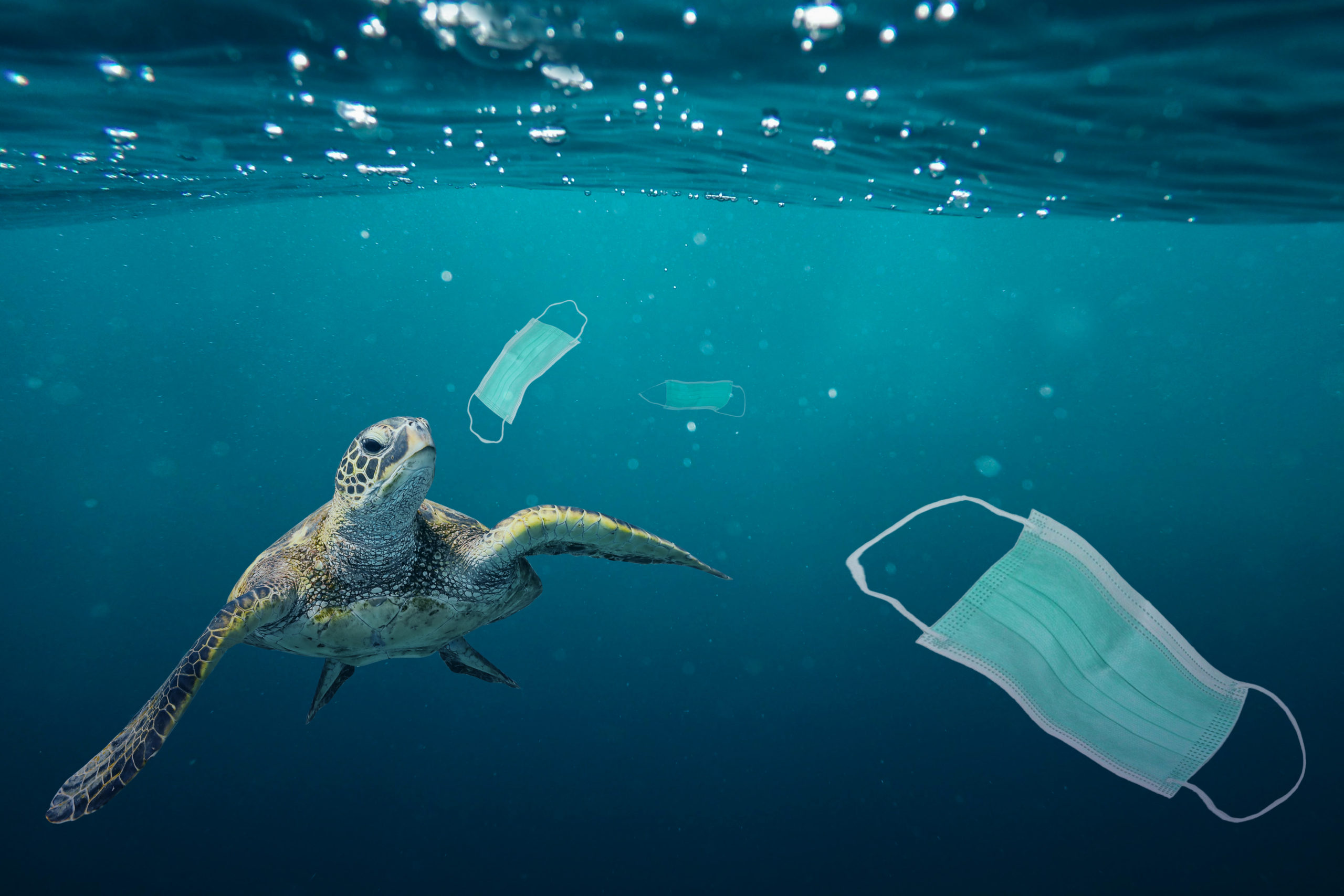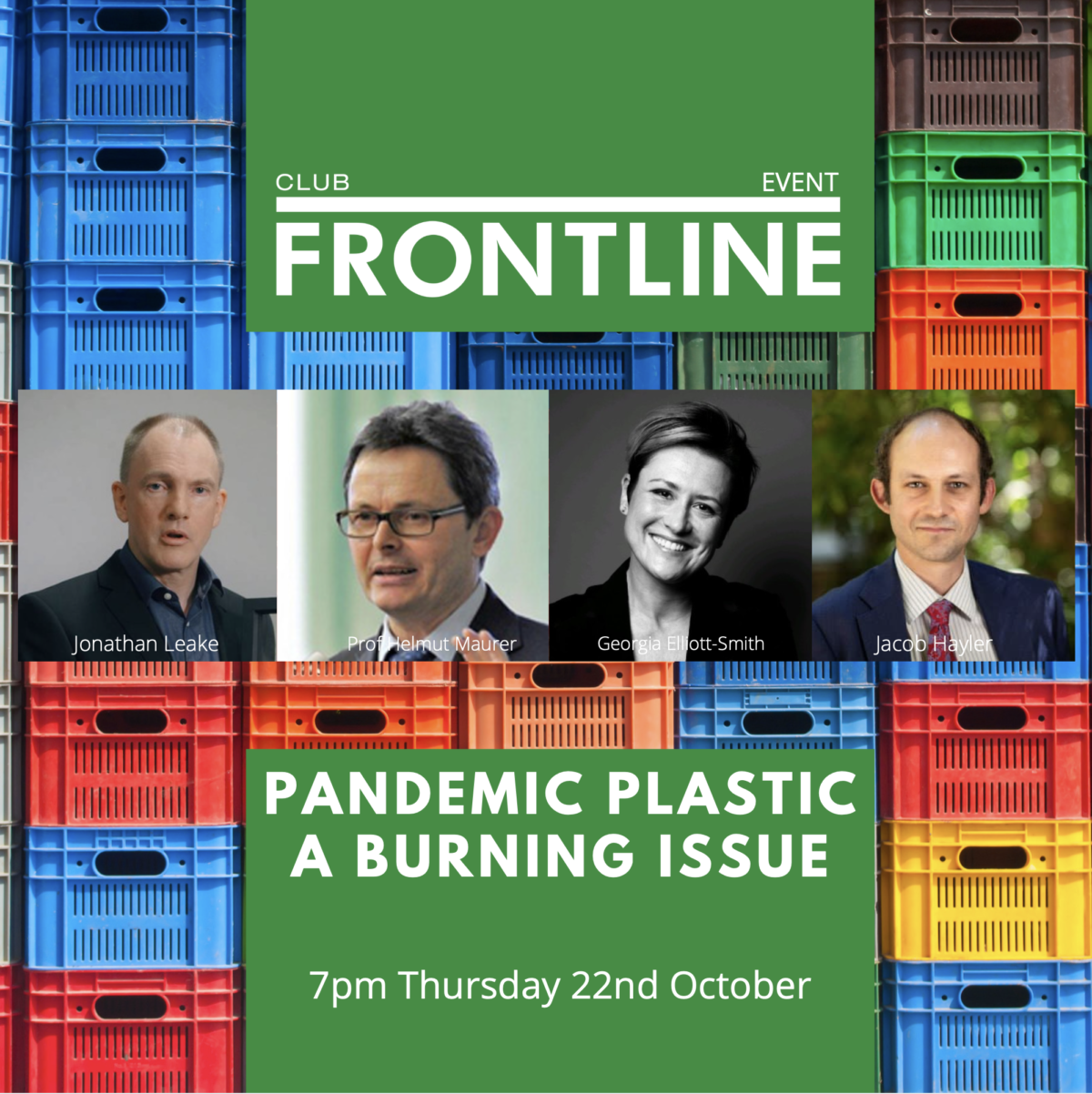Pandemic Plastic – a Burning Issue
Pandemic Plastic A Burning Issue.
By burning, are we burning our future?
Burning plastics is a primary source of Green House Gases.
The plastic pollution crisis that overwhelms our oceans is also a significant threat to the Earth’s climate. At current levels, greenhouse gas emissions from the plastic lifecycle hinder the ability of the world community to keep global temperature rise below 1.5°C. With the petrochemical and plastic industries planning a massive expansion in production, the problem is on track to get much worse. The UK has committed to bringing all greenhouse gas emissions to net zero by 2050 however at present rates, these greenhouse gas emissions from the plastic lifecycle threaten our local ability and furthermore will hinder the global communities ability to meet carbon emissions targets.
Most plastic begins as a fossil fuel, and greenhouse gases are emitted at each of each stage of the plastic lifecycle: 1) fossil fuel extraction and transport, 2) plastic refining and manufacture, 3) managing plastic waste, and 4) plastic’s ongoing impact once it reaches our oceans, waterways, and landscape. We will be concentrating on the managing of plastic waste. In pre pandemic 2019, the production and incineration of plastic produced more than 850 million metric tons of greenhouse gases—equal to the emissions from 189 five hundred megawatt coal power plants.
2020 and the Covid Pandemic will contribute further to these emissions and our use of single use plastics and has seen us take a large step backwards as a Global community.
In 2016, U.S. waste incinerators released the equivalent of 12 million tons of carbon dioxide, more than half of which came from plastics and research clearly shows that burning plastic in incinerators creates the most CO2 emissions among any plastic waste management method. Yet today 30 more sites in the UK have planning permission pending, and 45 sites are approved, and China already has some 300 waste-to-energy plants operating, with another several hundred in the pipeline.
On 22 October 2020, a month after ‘Earth overshoot day’, the Frontline Club will be hosting a panel discussion between believers in, and enemies of, EfW / Incineration (Energy-from-Waste).
Moderated by Jonathan Leake, former science and environment editor at The Sunday Times, joined also by the EU Commission’s Professor Helmut Maurer and sustainability Advisor Georgia Elliot-Smith, UNESCO Special Envoy for Youth & Environment, and Jacob Hayler (below), Executive Director of the Environmental Services Association. Part of a new series of regular environmental discussions, curated and organised by Clear Public Space, in conjunction with the Frontline Club, to investigate pressing environmental issues, join us!

The next Frontline Club environmental event will be on the 19th November #environmentalfrontline





